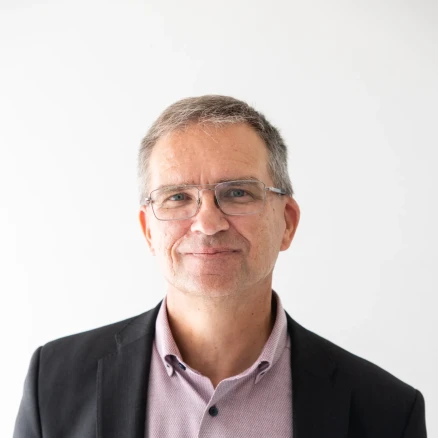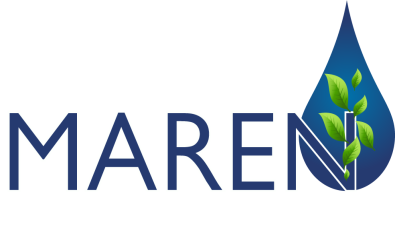The Zero Marine Emission Ecosystem program aims for a green maritime future
In the Vaasa region on the West Coast of Finland, exciting developments are taking place in the maritime sector. The Zero Marine Emission ecosystem program, led by Wärtsilä, is a project aiming at reaching 60% greenhouse gas (GHG) reduction in the maritime by 2030. This four-year project revolves around key themes such as new technologies, green fuels, optimized operations, and new business models. This concept is built upon principles of openness, transparency, and collaboration among various stakeholders in the ecosystem.
Kenneth Widell from Wärtsilä leads the Zero Emission Marine Ecosystem program.
Decarbonization of the Maritime industry
In the Vaasa region on the West Coast of Finland, exciting developments are taking place in the maritime sector. The Zero Marine Emission ecosystem program, led by Wärtsilä, is a project aiming at reaching 60% greenhouse gas (GHG) reduction in the maritime by 2030. This four-year project revolves around key themes such as new technologies, green fuels, optimized operations, and new business models. This concept is built upon principles of openness, transparency, and collaboration among various stakeholders in the ecosystem. Kenneth Widell is a senior project manager of sustainable fuels and decarbonization at Wärtsilä. Widell’s role is to lead the Zero Emission Marine Ecosystem program, and he has been a part of it from the start.
“One program is not enough to decarbonize the entire maritime world, but it is a big step on the way. I would say what makes this program special is that we are focusing on the value chains which are very close to the actual business.”, Widell explains. Widell further elaborates on how the energy sector has currently advanced more in the transition from fossil fuels to green fuels than the maritime industry. Therefore, initiatives like the Zero Emission Marine Ecosystem are crucial for the maritime sector.
Importance of collaboration
The ecosystem concept is built on open communication and cooperation with other ecosystems to reach the best results. This ecosystem consists of, for example, fuel manufacturers, energy producers, and shipping companies, only to mention a few. Currently approximately 50 companies are directly involved in the program, and more than 200 companies are in collaboration with it. New companies are encouraged to join by reaching out to the program owners. In particular, companies in the fields of ICT, research, and safety are especially encouraged to join.
“Interacting with the ecosystem is very fruitful by itself to understand the mindset of the different players in the value chain, and their thinking and our thinking. Also the knowledge of how to provide our own views is important” Widell states, explaining the importance of collaboration and understanding in the ecosystem.
The value of going green
Wärtsilä has a tradition of being among the front-runners in technology and new fuel development, thus this type of ecosystem program is a fitting path for the company. Not only will the project lead to development of engines that run on renewable fuels, but also devices that can help save energy.
“I hope this project has a positive impact on the maritime industry and the Nordic countries. With this project, we want to show and prove that there are means to decarbonize the maritime world. It is not a Mission Impossible, and we want to prove that going green can be good business.”, Widell explains. Even though the project has a four-year timeline, Widell remains optimistic that it will foster a newfound understanding of a sustainable future for the maritime industry and this project may even extend beyond the initial deadline.
The Maren II project (Maritime Energy Transition - Maren II » Vaasanseudun Kehitys Oy (vasek.fi)) aims to create a Nordic maritime energy program, a joint Nordic strategy, and lastly, a digital platform for cross-industrial open innovation and collaboration in the region. Wärtsilä is a key partner in this project. The Maren project is funded by Nordic Innovation.


